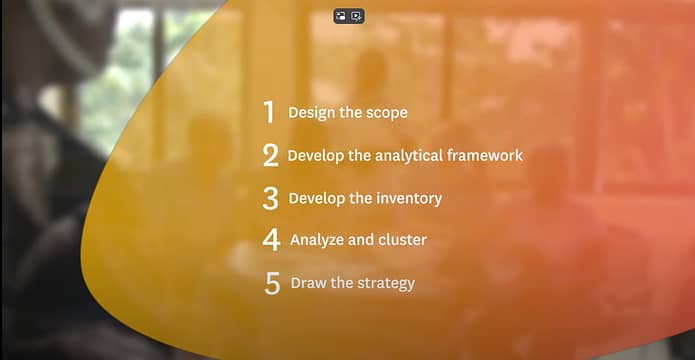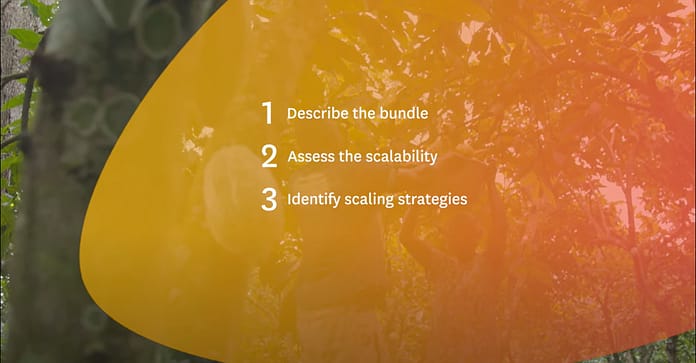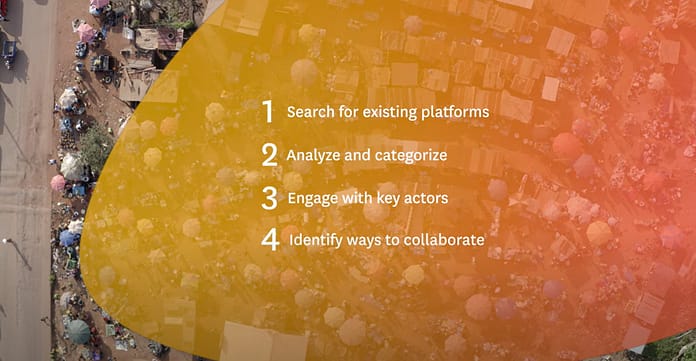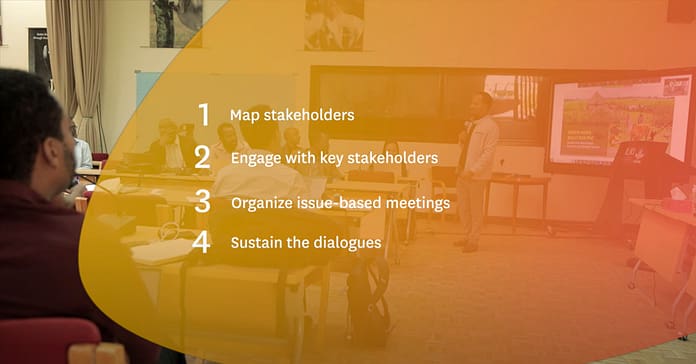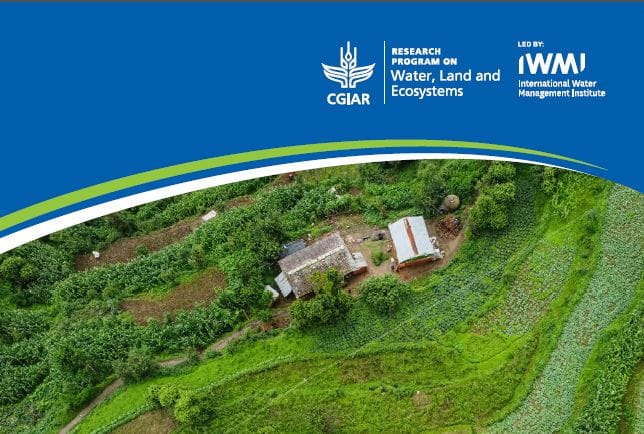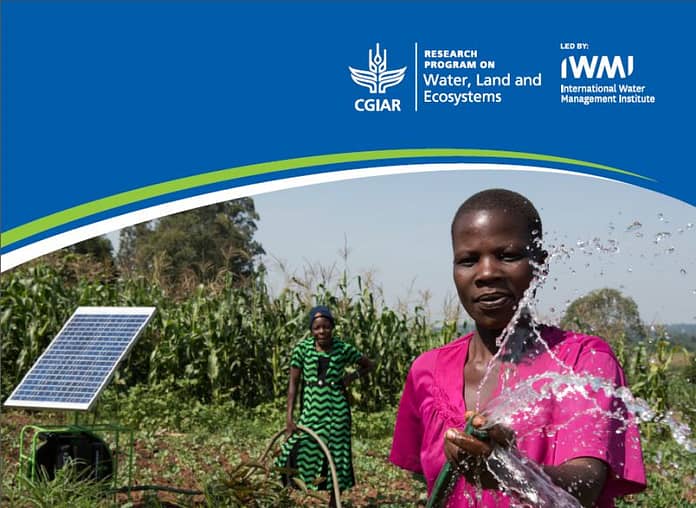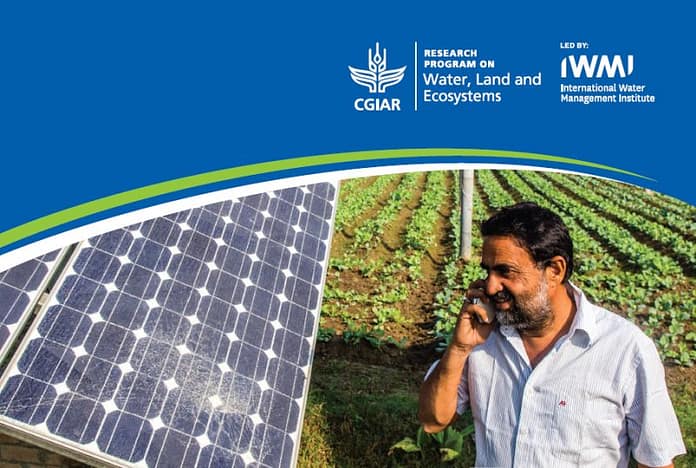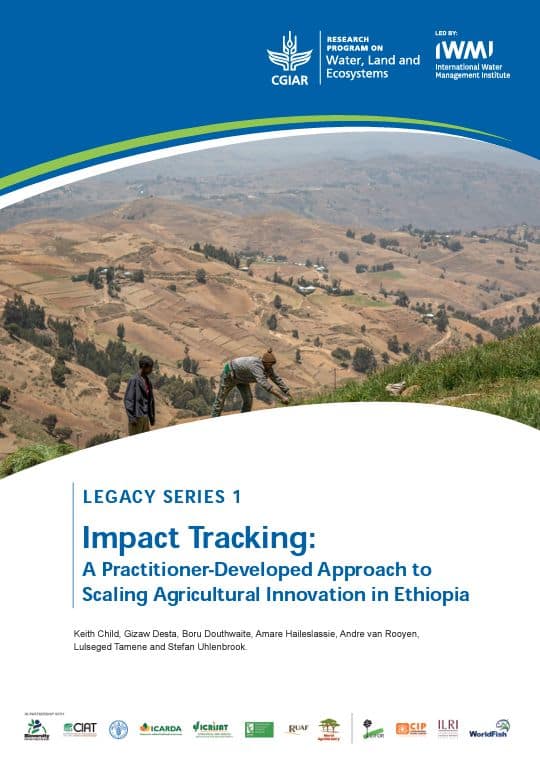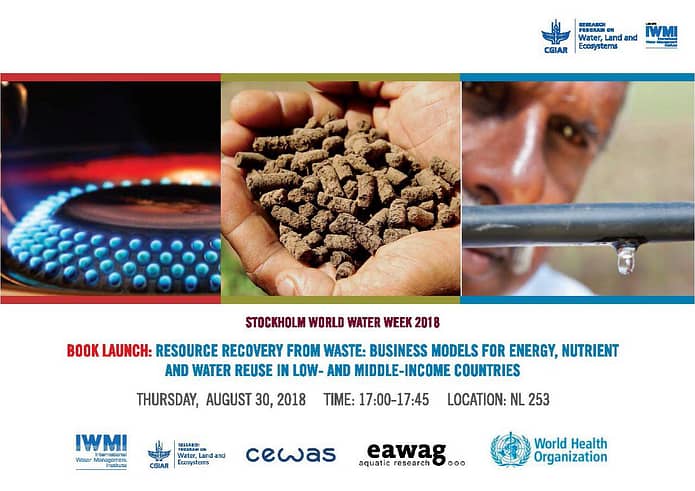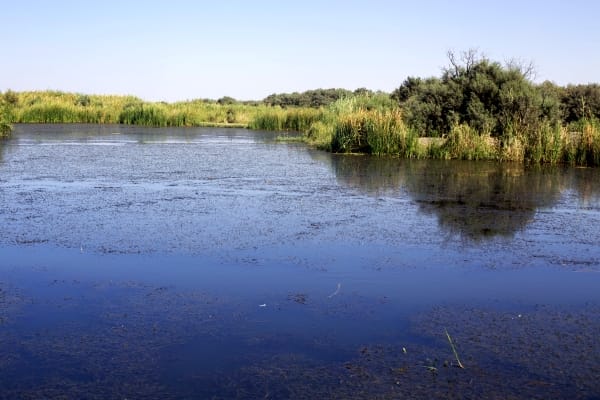CGIAR Research Program on Water, Land and Ecosystems (WLE)
The CGIAR Research Program on Water, Land and Ecosystems (WLE), a global research-for-development program connecting partners to deliver sustainable agriculture solutions, came to an end in 2021. Over the course of its ten-year journey, the program operated in over 60 countries, with more than 300 partners and completed over 200 projects. These activities made significant contributions to enhancing our natural resources and directly benefitted millions of lives across the Global South.
The program was led by the International Water Management Institute (IWMI) and partners as part of CGIAR, a global research partnership for a food-secure future.
The practical and science-driven innovations that WLE developed offer countries and farming communities the tools to address critical development challenges and transition to more productive, sustainable and resilient food systems. They include:
- Affordable and inclusive insurance for flood-prone farmers – including index-based insurance that uses flood modelling data, and bundled insurance products that also provide agricultural inputs such as fertilizers and flood-tolerant seed.
- Pro-poor solar irrigation business models which realize the transformative potential of solar irrigation pumps without over-pumping and exacerbating groundwater depletion.
- Business models that drive circular economies and identifyopportunities for resource, recovery and reuse using numerous technical and institutional solutions for recovering water, nutrients and energy from domestic waste streams.
- Restoring degraded landscapes at scale and enhancing ecosystem services and related benefits such as food, energy, clean water, carbon sequestration and livelihoods.
- Groundbreaking soil spectroscopy that enables ecosystem health evaluation on a massive scale, paving the way for better targeting of land restoration and more sustainable agriculture.
- Research on farmer-led irrigation which consolidated evidence on the multiple productivity, profitability, gender and nutrition benefits arising from small-scale irrigation.
Crucially, WLE’s emphasis on the importance of ecosystem health as a foundation of agricultural production also contributed to a global paradigm shift in agricultural research for development – reflected during discussions at COP 26 and the UN Food Systems Summit in 2021.
The Program’s research also informed the transition to One CGIAR – a new partnership that integrates CGIAR’s knowledge, assets and global presence, ensuring that CGIAR innovations are deployed faster and applied over a larger scale at a reduced cost. Food, land and water systems are integral to the CGIAR mission and WLE research influenced the development of several CGIAR initiatives, including Nexus Gains, Agroecology, MITIGATE+ and Nature Positive Solutions.
Although the program may have closed, its research will continue to influence future research planning and investments – and help strengthen our collective response to the climate crisis and the needs of climate-vulnerable communities across the Global South.
WLE’s impacts and achievements were shared during a Legacy Symposium organized before the program’s closure in December 2021.
CGIAR
Water data science
Water, climate change and resilience
Water, food and ecosystems
Water, growth and inclusion
https://archive.iwmi.org/wle/
CGIAR Research Program on Water, Land and Ecosystems (WLE)



